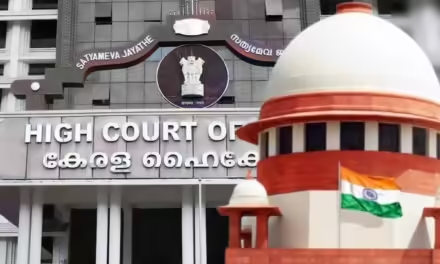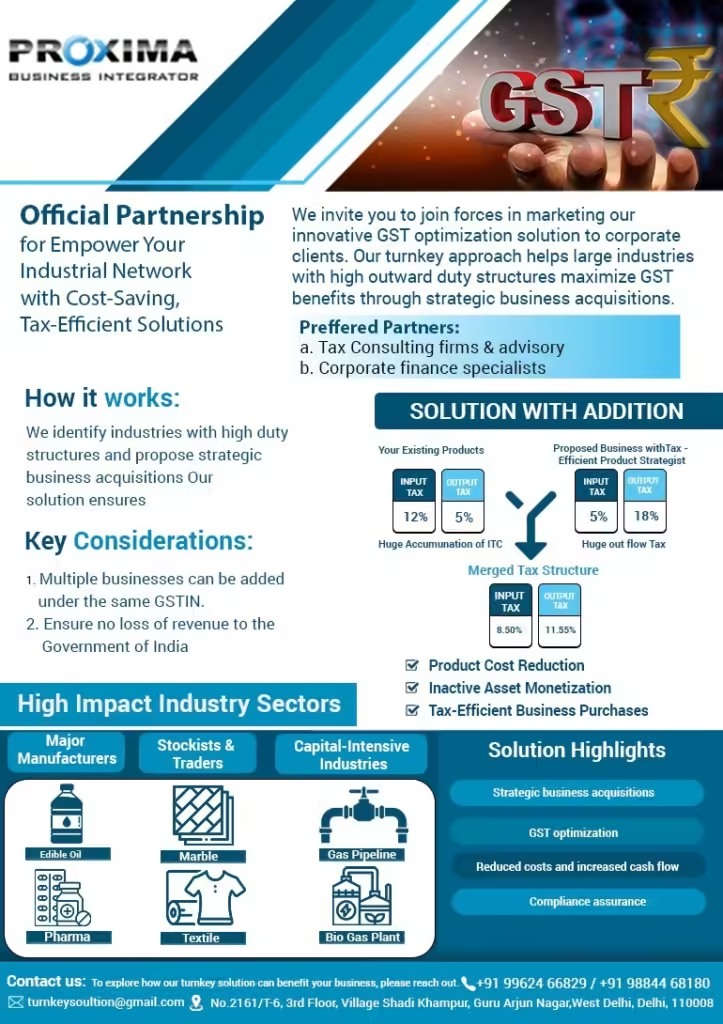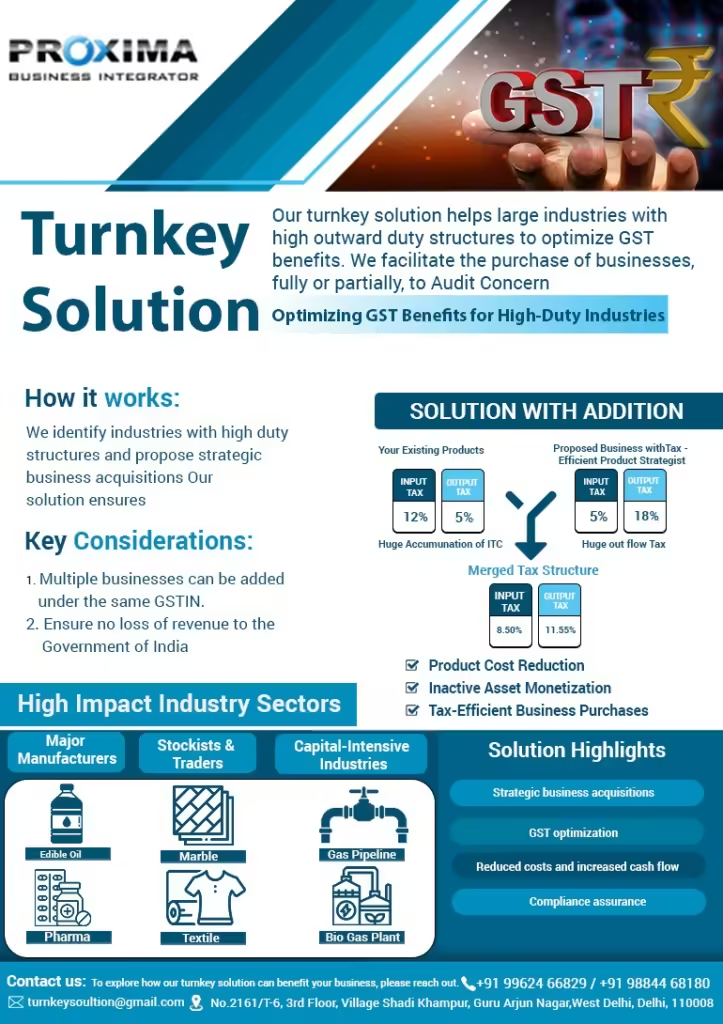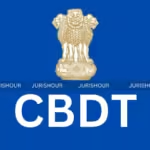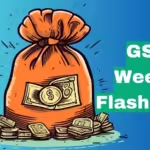In a major relief to Castrol India, the Kerala High Court has held that department to assign valid reasons for rejecting books of account.
The bench of Justice A.K.Jayasankaran Nambiar and Justice Syam Kumar V.M. has observed that it is the manufacturer of the product, who knows best the value of his products, and taxing authorities have to accord due deference to the wisdom of the manufacturer with regard to the pricing of his product. As regards the issue of valuation of the goods at the time of the sale from the manufacturer’s outlets to the dealer concerned, we find that here again the manufacturer had already published a scheme of trade discount, which was known to the trade well in advance, and had applied the trade discount to the Equalized List Price while effecting sales to particular dealers.
Background
The assessing authority for the assessment years 2009-2010, 2012-2013, 2013-2014, and 2014-2015 respectively, completed the assessments under the KVAT Act by adopting the value shown in the stock transfer invoices but without alleging any suppression of accounted turnover and without rejecting the books of accounts produced by the assessee for any valid reason.
The assessee preferred before the First Appellate Authority. The assessee pointed out that the value shown in the stock transfer invoice was the Equalized List Price, which the assessee had worked out for the stock transfer of the product all over India.
In other words, the explanation offered by the assessee was that a given product could be purchased by a dealer at the same price across the country and this was done so as to prevent cross-border sales/purchases, and the Equalized List Price was determined based on various factors such as difference in distance and freight between different States, difference in prevailing VAT rates and other State taxes in the different States.
To determine the sale price in a particular State, the base price was configured as the Equalized List Price – the VAT rate of the State so that after charging sales tax, the price for the dealer concerned would remain constant in all States. This ensured that each State would have a different base price for the same product.
Read More: Every IP Dispute Can’t Be Converted Into Competition Dispute: Delhi High Court
Whenever a transfer document was raised by the sending location, the stock transfer invoice would pick up the base price of the sending State, and the said price would be reflected in the invoice. The assessee explained that when the sale was affected to a dealer, a trade discount/distributor discount/cash discount would be applied to the equalised list price as arrived at above and it was on the discounted price that was collected from the dealer that VAT was paid by the assessee.
The First Appellate Authority held that in the absence of any allegation of suppression or detection of actual suppression or rejection of the books of accounts of the assessee, there was no justification for disbelieving the invoice value declared by the assessee on the sale of products to its dealers. The First Appellate Authority set aside the assessment order and allowed the appeal in favour of the assessee.
In appeals carried by the Department before the Tribunal, the Appellate Tribunal set aside the orders of the First Appellate Authority and restored the order of the assessing authority.
Arguments By Castrol India
The petitioner contended that there was no rejection of the books of accounts of the assessee, as also a complete absence of any finding regarding suppression of turnover, there was no justification whatsoever for the assessing authority or the Appellate Tribunal to have disbelieved the price at which the assessee had sold its goods to dealers after offering them the discounts wherever applicable.
The petitioner argued that even in the case of the best judgement assessment an assessing authority is expected to assign valid reasons for rejecting the books of account and the return filed by the assessee and secondly that the assessing authority, cannot on mere assumptions and presumptions, make additions to the conceded turnover or the conceded gross profit in the returns filed. There had to be a valid reason for an assessing authority to reject the returns filed and to proceed with the best judgement assessment.
The department contended that it cannot be believed that a manufacturer would sell his products to his dealers at a price significantly lower than the cost price, which was declared in the statutory F Forms. Therefore, that the assessing authority and the Appellate Tribunal cannot be faulted for taking note of this fact and estimating the turnover of the assessee in the instant case.
Conclusion
The court, while allowing the revision, set aside the order of the Appellate Tribunal and restored the order of the First Appellate Authority, which in our view represents the correct exposition of the law in this regard.
Case Title: Castrol India Ltd. Versus State Of Kerala
Case No.: OT.Rev No. 53 Of 2023
Date: 02/09/2024
Counsel For Petitioner: S.Ananthakrishnan
Counsel For Respondent: V.K.Shamsudheen


